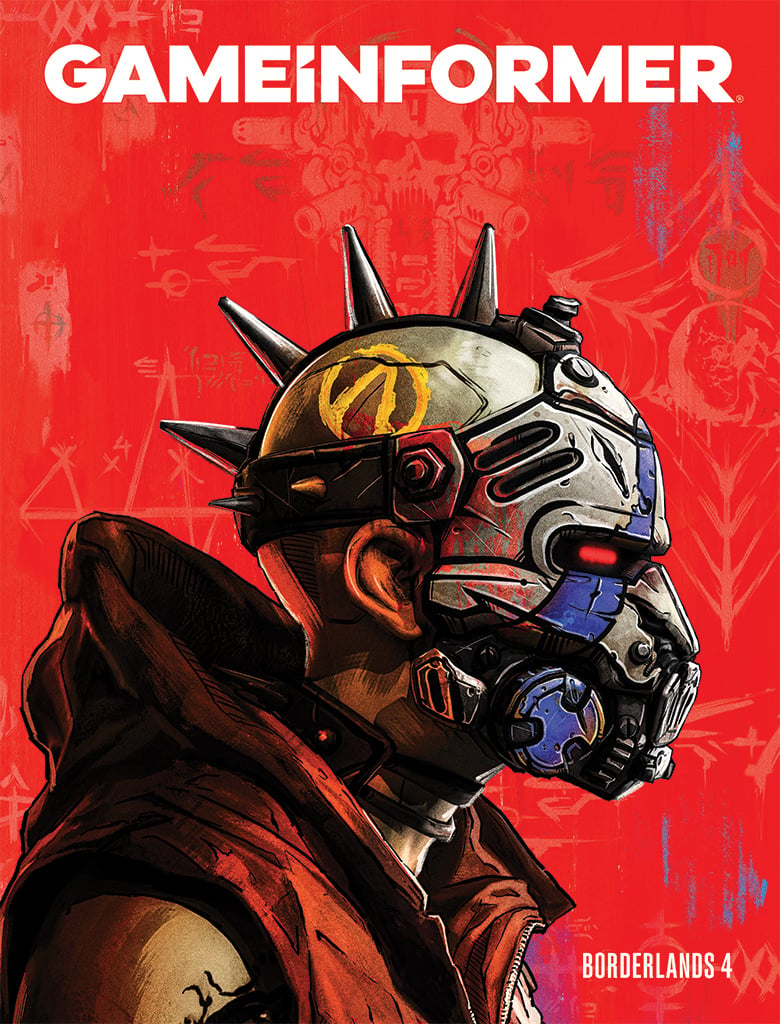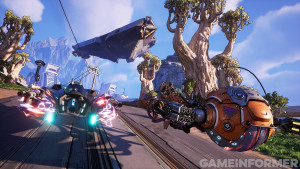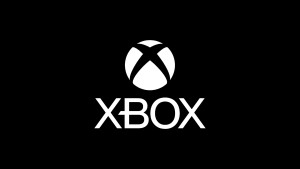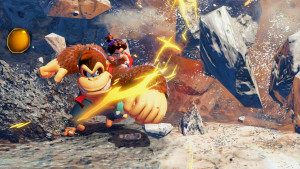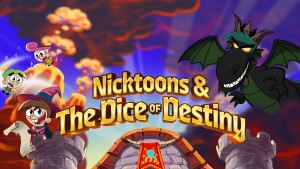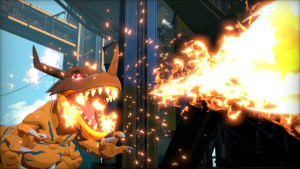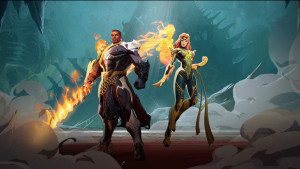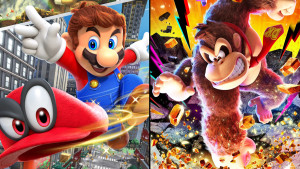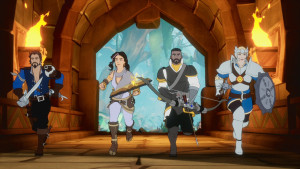Holiday Weekend Flash Sale! Subscribe Now
Are Sales Bad For Sales? These Publishers And Developers Don't Think So

Last week, indie developer of Inside a Star-Filled Sky and the upcoming Castle Doctrine Jason Rohrer wrote a lengthy post on his personal blog on the impact of sales on developers and fans. He lead his thesis with a simple statement, “Sales screw your fans.” We reached out to developers and publishers to see if that’s a commonly held belief.
Rohrer’s philosophy regards money as the only commodity in play. While the endgame for most in any business (including video games) is to make a comfortable living, for gamers there are more factors. Rohrer’s assumptions are based on what he calls a “culture of waiting,” asserting that daily, full-price sales would more than make up for sale spikes that extend the tail (units sold following launch period).
“We see spikes in sales, allowing us to maintain a much longer tail for our product life cycles,” says Andy Sher, CEO of Meridian4 (Syder Arcade). “We're able to reach a whole new audience that isn't limited only to a younger, new gamer, but to gamers who just missed our game for one reason or another.”
Anecdotally, the culture of sales isn’t one of consumers feeling betrayed by developers and publishers. Rather, social media channels are filled with encouragement for friends to try new things. People seem to more often celebrate introducing peers to fresh experiences rather than lament their own “loss” for missing the sale.
This is because of an innate understanding of opportunity cost. We know that we can save money by waiting, but time matters. Time has value. For many people, purchasing and playing a game as soon as they can is worth the premium. Additionally, there is often incentive for PC pre-orders and purchases, with Steam regularly discounting games through release.
In his post, Rohrer suggests that in a digital world in which physical shelf space isn’t a concern, that revenue can climb and dwarf launch week. This is something that Meridian4 considers a challenge rather than an opportunity of the hypothetical world without sales. “The challenge we face is that with hundreds, or in the case of Steam, tens of thousands of new gamers joining every day, is in maintaining top of mind awareness with new players,” Sher says.
Of course, day one buyers and those that pre-order are important. Proper treatment of those customers shouldn’t be sacrificed on the altar of Steam sales. "There will always be early adopters, who are willing to pay for your product on day one or even before,” says Dave Oshry, marketing director for Interceptor Entertainment (Rise of the Triad and four other titles on Steam). “The key is to reward those consumers down the line so they don't feel 'cheated' by sales – because they're the ones that care about you and your games the most. Luckily, Valve is giving us more and more ways to do that on Steam with each passing day."
For some developers, the Steam sale phenomenon hasn’t just meant a spike. It’s meant a complete change in revenue profile. Q Games’ Pixeljunk Eden was on discount for $.99 (a savings of 90 percent) during the most recent Steam Holiday sale. According to designer Dylan Cuthbert, in the eight hours the title was on sale, Q Games brought in revenue equal to everything the game made since its February 2012 release.
We spoke with Gaslamp Games (Dungeons of Dredmore, Clockwork Empires) CEO Daniel Jacobson, who expressed sentiments similar to Cuthbert's. "As many people who have discussed sales on Steam have stated, we have (in aggregate, including other sales through Humble et cetera) sold massively more units at a discount than otherwise," Jacobson told us. "To date, Dredmor (and it's expansion packs) has sold over 600,000 SKUs, and the vast majority of those were discounted. The game was successful beyond anything we could have expected, and yet without allowing people opportunities to pay less (and even whatever they wanted), we would never have had the chance to make another game."
On a bigger scale, Take-Two continues to derive significant revenue from its back catalog. While this includes games like Grand Theft Auto: San Andreas making the jump to mobile and attracting new audiences, it also comprises the traditional discount model for older games. In the second quarter of fiscal year 2014, Take-Two reported $118.9 million in catalog sales (extremely significant when stripping out nearly $1 billion in Grand Theft Auto V sales from the $1.27 billion total net revenue). Borderlands 2 and Civilization V, two titles which are featured during Steam sales, continue to drive revenue.
Take-Two also re-packages its games, as we’ve recently seen with their new Bethesda partnership bringing together two bundles with a game from each publisher. This bundling mentality applies to downloadable content (season passes that exist even after all the DLC is released) and free-to-play titles across the industry as well.
“We bundle value-added items to create value which acts as a ‘virtual’ discount,” says Jason Langdale of Infinite Game Publishing (MechWarrior Online). “The only thing we discount is the in-game currency. People definitely love these sales and it does give a big boost of cash we wouldn’t have had otherwise.”
Sales aren’t going away any time soon, but the debate amongst and between gamers and developers is likely to continue for some time. Do you still buy games at their release? Do you ever feel cheated when one goes on sale later? Join the conversation in the comments.
